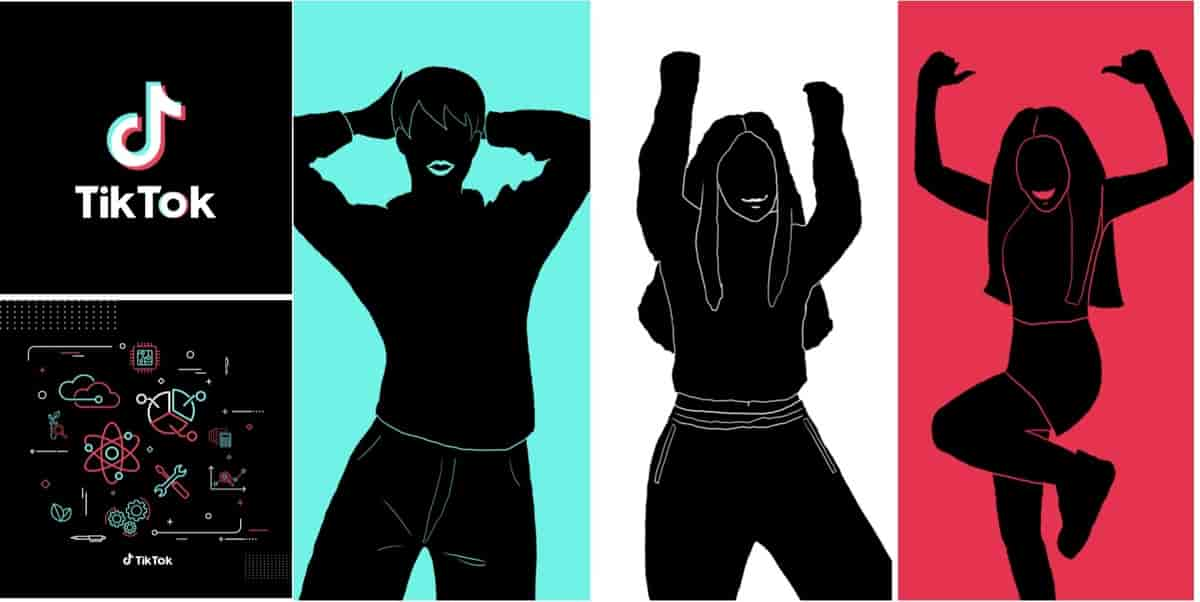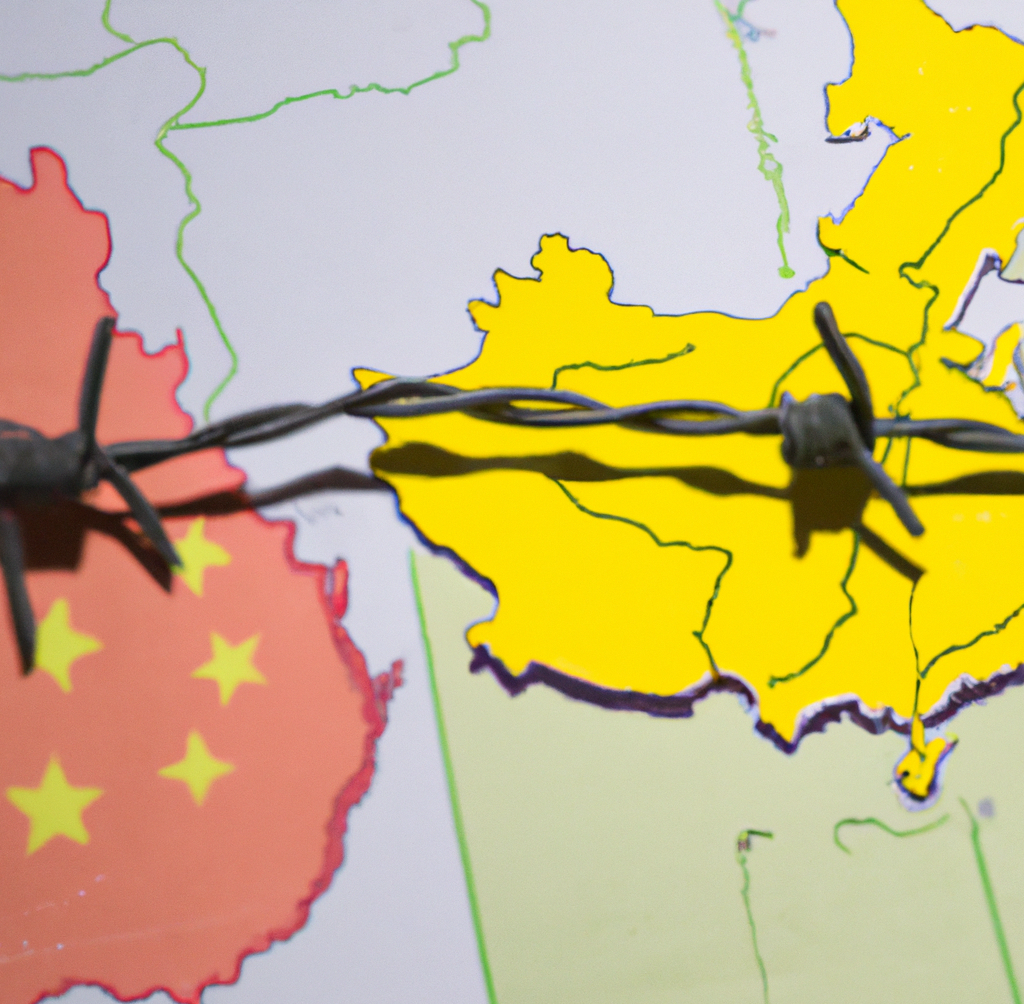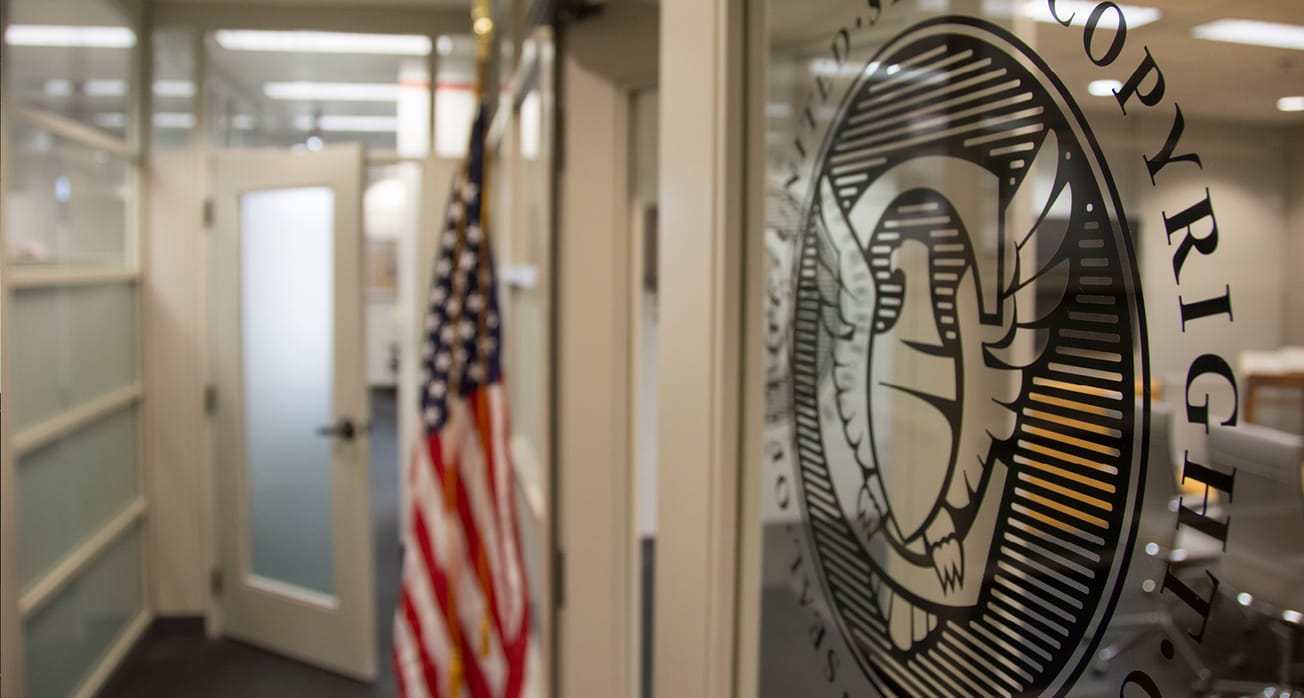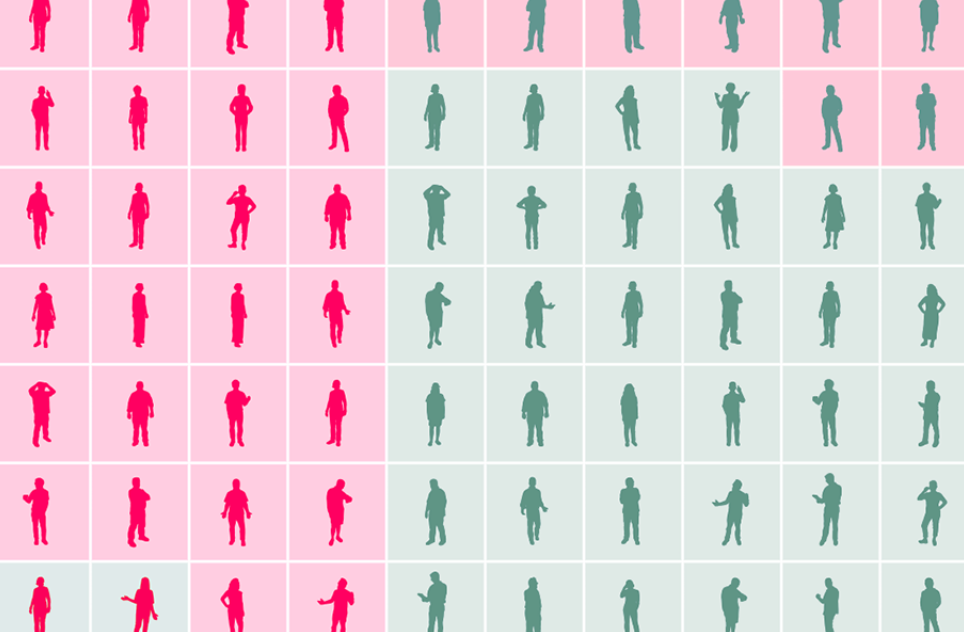The rapid rise of TikTok has sparked a wave of controversies, particularly in the United States. Amid concerns over data privacy, national security, and geopolitical tensions, the future of TikTok bans in the US has become a topic of heated debate. In May 2023, Montana became the first US state to ban the platform from operating on all personal devices in the state, which will take effect in January 2024. The landscape surrounding this and future potential bans on TikTok, with legal battles, privacy concerns, and geopolitical implications, is complex. As this wildly popular video-sharing platform continues to captivate millions of users, the potential ramifications for the future of social media, individual privacy, and international relations will remain at play.
To comprehend the future of TikTok bans, we must first appreciate the platform's remarkable ascent to global prominence. TikTok emerged as a cultural phenomenon, captivating millions of users worldwide with its short-form video content and viral trends. Born out of the merger between the Chinese app Douyin and the international platform Musical.ly, TikTok quickly gained popularity among Gen Z and Millennial users. It’s addictive nature, creative potential, and algorithm-driven content curation catapulted TikTok into the mainstream, challenging established social media giants.

One of the primary concerns surrounding TikTok revolves around data privacy and national security. As a Chinese-owned app (ByteDance), there have been apprehensions about the potential access and control that the Chinese government may have over user data. The US government, citing national security risks, has taken steps to scrutinize TikTok's data practices and explore potential bans or restrictions.
Geopolitical tensions between China and the United States further exacerbate TikTok's challenges in the US. The broader context of trade disputes, technological competition, and cybersecurity concerns adds a layer of complexity to the discussion. The potential banning of TikTok in the US reflects not only national security considerations but also geopolitical maneuvering and economic factors that shape the relationship between the two superpowers. And, of course, it's important to point out that there is (at the moment) no real evidence that TikTok is sharing user data with the Chinese government at the level that many US politicians claim.

TikTok's success can be attributed to its innovative algorithm and content moderation mechanisms. The platform's advanced machine-learning algorithms analyze user behavior, preferences, and engagement patterns to curate personalized content. However, this algorithmic power also raises questions about content moderation, filter bubbles, and the impact on societal discourse. Finding a balance between algorithmic innovation and responsible content governance remains a significant challenge.
The future of TikTok bans in the US remains uncertain as legal battles, negotiations, and changing political dynamics continue to shape the discourse. The potential sale of TikTok's US operations to American companies, such as Microsoft or Oracle, has been explored as a means to address national security concerns. However, the intricacies of such deals and the need to protect user data and preserve the platform's essence present ongoing challenges.
Compounding this multifaceted issue, debates surrounding data privacy, national security, geopolitics, and technological innovation are gaining momentum. The current situation is holding a mirror to the growing influence of social media platforms and the need for robust regulations and policies that balance individual privacy rights, national security interests, and geopolitical considerations. As discussions and negotiations unfold, it is crucial to find solutions that protect user data, ensure transparency, and foster a fair and competitive digital landscape.
TikTok's journey serves as a reminder of the complex interplay between technology, politics, and cultural influences of the digital age. The ways in which these issues are navigated is critical. Understanding the various dimensions of this debate is essential as we navigate the future of TikTok and grapple with the broader implications of social media's role in our interconnected world.









